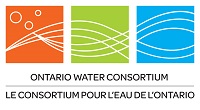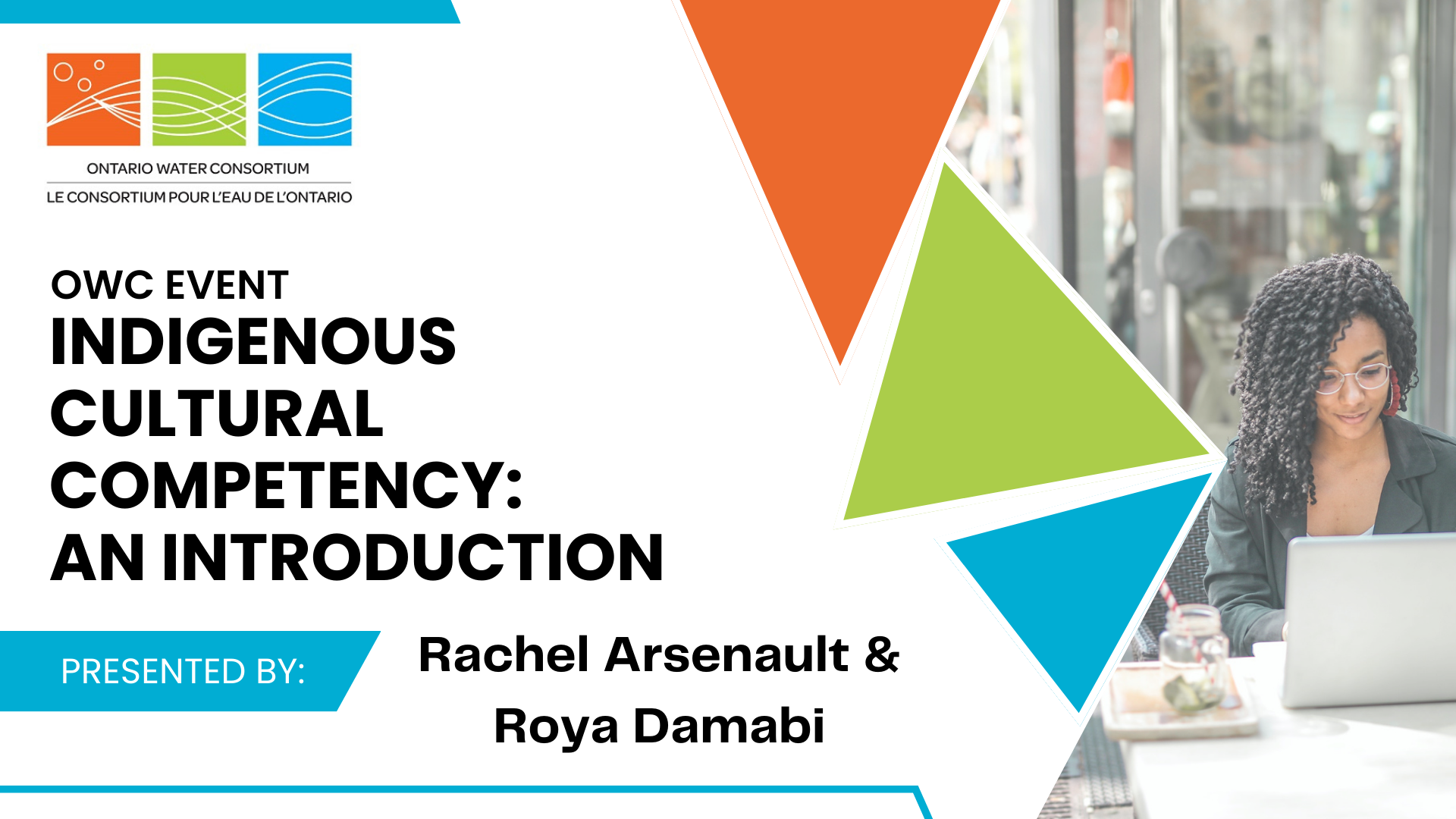On September 28, 2023, an enlightening event titled “Indigenous Cultural Competency: An Introduction”, organized and funded by the Ontario Water Consortium’s Water Industry Growth Program, offered a diverse group of participants from the water sector a unique opportunity to delve into the rich tapestry of Indigenous cultures, histories, and contemporary issues including water challenges. Rachel Arsenault, an Indigenous Kwe of Ojibwe and Odawa descent from Wiikwemkoong Unceded First Nation on Manitoulin Island, and Roya Damabi, an experienced policy and systemic design practitioner, co-facilitated this insightful event. Their diverse backgrounds and expertise created a dynamic platform for learning and engagement.
The agenda encompassed a comprehensive exploration of Indigenous cultures and histories. It included modules covering diverse topics such as the importance of Indigenous languages, the impact of colonial history, the symbolism of wampum belts, historical documents like the Royal Proclamation of 1763, the role of Indigenous peoples in the War of 1812, the implications of the Constitution Act, discussions on Indigenous sovereignty, examinations of specific events like the Oka Crisis and the Ipperwash Inquiry, and insights into contemporary issues and inequities. The event also focused on Indigenous knowledge systems, historical repercussions leading to modern disparities, Indigenous relationships with the land, rights, and reconciliation efforts, concluding with a call for unity and continued learning.
“Indigenous Cultural Competency: An Introduction” provided a valuable opportunity for participants to broaden their horizons and cultivate cultural competency. In a world where diversity and inclusion are paramount, understanding Indigenous cultures and histories is essential for building respectful and harmonious relationships.
By the end of the event, attendees had acquired a strong foundation for engaging with Indigenous communities, acknowledging their rich cultural heritage, and contributing to the ongoing process of reconciliation in Canada. The training encouraged participants to embrace a more inclusive and empathetic approach to Indigenous issues and to be active agents of positive change in their communities.
Events like “Indigenous Cultural Competency: An Introduction” serve as a beacon of hope for a more inclusive and equitable future. They remind us that understanding, empathy, and respect are the cornerstones of building bridges between cultures and fostering a society where diversity is celebrated and cherished. The event’s success lies in its ability to empower individuals with knowledge and encourage them to be part of a transformative journey towards reconciliation and cultural competency.


